News
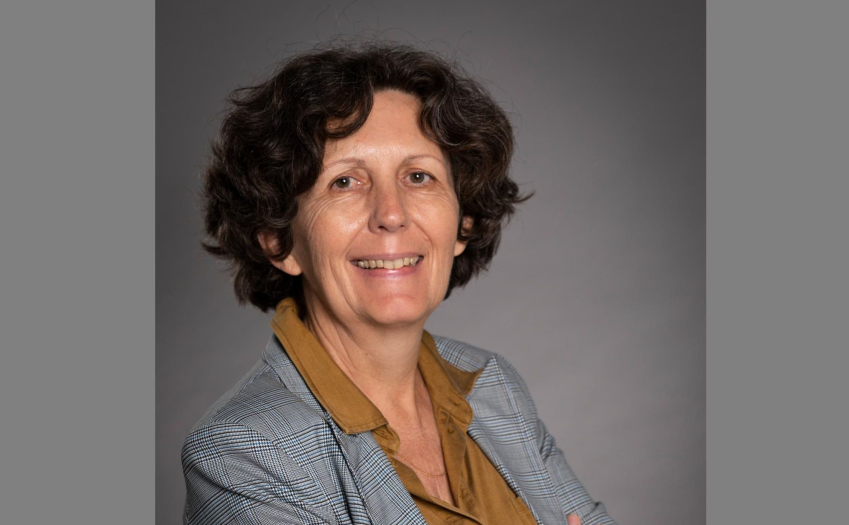
Interview with Dominique Dumet, Africa Partnership Advisor: "A policy to promote shared science".
In the face of climatic, social and health upheavals, the IRD is deepening its policy of scientific partnership with Africa, with the aim of strengthening the resilience of African societies through sustainable, co-constructed and open science. Against this backdrop, Dominique Dumet, the Institute's Scientific Advisor for Africa, explains the main thrusts of this renewed policy and the concrete prospects it opens up for the years to come.
Interview with Dominique Dumet, Scientific Advisor Africa
How long have you been Africa Partnership Advisor, and what are your main objectives in this area?
I have held this position since September 1, 2023. My mission is to promote a continental vision of our action in Africa, to monitor the development of our partnership relations, to identify the main drivers of higher education and research on the continent, and to propose guidelines for our partnership policy, particularly in its multilateral dimension.
What was the progression from the Africa 2024 strategy to the publication of the new scientific partnership policy? How do these documents (strategy, policy, regional projects) fit together?
We're not talking about a strategic break, but rather a reinforced evolution. The Africa strategy, validated by the Board of Directors in December 2022, is in line with the recommendation of the Haut Conseil de l'évaluation de la recherche et de l'(HCERES), which called for the Institute's structure to be optimized and adapted to changes in the higher education, research and education landscape. It also responds to Action 6 of the 2021-2025 Contract of Objectives, Means and Performance, which called for the definition of regional strategies, including a specific strategy for Africa.
The Africa strategy maps out the Institute's global action on the African continent, and proposes broad guidelines. The scientific partnership policy with Africa focuses on our partnership approach; it is a declination of the Africa strategy that contextualizes our orientations and proposes concrete approaches to modify our African trajectory.The key objective (in addition to the institutional objectives common to all regions) is to make a greater contribution to rebalancing the global science and research ecosystem.
Regional projects are one of the specific deliverables of our partnership policy with Africa. Indeed, in order to become more involved in transnational actions, we felt it essential to identify the major scientific areas (or "chantiers régionaux") on which we are currently working in partnership. In other words, the areas in which we and our partners in the South have invested in recent years, through co-constructed projects, instruments and initiatives. Sixteen areas have been defined through a series of collective and individual consultation workshops involving the International Relations and Europe Division, representativesrepresentatives and correspondents in Africa, scientific departments, governance and various other representatives (knowledge communities - CoSav, missions, strategic orientation council, etc.).).
How will this new policy change the way the institute builds its partnerships with Africa?
Today, our institutional actions are mainly bilateral, i.e., country-centric, and mainly take place in the French-speaking countries of West and Central Africa and the Mediterranean. They thus contribute to the structuring of the higher education, research and innovation (ESRI) space in partner countries, with the exception of the International Networks. with the exception of the International Research Networks (IRNs), which are deployed on a regional scale. Our aim is to play a more active role in the construction of a transnational research area, in other words, to strengthen and promote South-South partnerships. The partnership policy proposes ways of strengthening these multilateral collaborations focused on the South.
Why did you opt for a regional approach, and what does this mean in practical terms on the ground?
Our policy of partnership with Africa is in line with the desire for regional integration of higher education and research expressed by many African institutions, starting with the African Union and its Agenda 2063, which calls for integrated higher education and research systems, the creation of an African higher education area, academic mobility for students and the promotion of regional cooperation.systems, the creation of an African higher education area, academic mobility for students, teachers and researchers, and the promotion of regional centers of excellence.
At institute level, this expectation echoes, for example, the request to reinforce South mobilities through our programs, expressed notably at the Laboratoires Mixtes Internationaux workshop and in various strategic and scientific steering committees.
It is important to remember here that the regional approach in no way excludes bilateral approaches, which remain the bedrock of our multilateral structures.
What are the next steps?
The next steps are to initiate or pursue a dialogue with, for example, the African Union, to explore together how we can contribute more to its higher education and research agenda. In the shorter or longer term, we also need to develop our partnership instruments to encourage transnational links between players in higher education, research and innovation. We also need to co-construct, with regional entities, advocacy campaigns aimed at decision-makers, and to raise funds to contribute to initiatives with a regional or even continental scope.
What concrete results do you hope to see in the next 2-3 years?
We hope to see the emergence of partnership instruments with a regional scope, such as International Joint Laboratories with a regional dimension.
The institute also wants to increase its involvement and visibility in the agendas of African higher education and research structures, notably by participating in the construction or consolidation of poles of excellence and shared regional research platforms. We also aim to establish institutionalized channels for dialogue with regional entities.
Finally, we expect to see a more balanced redistribution of our actions between English-, French- and Portuguese-speaking countries, as well as between the various major regions of the African continent.
A shared ambition for open, sustainable and co-developed science
This policy reflects the Institute's determination to be a committed, reliable player that listens to its African partners. By combining scientific excellence, openness and regional cooperation, the institute aims to co-construct solutions adapted to major societal challenges, to reinforce the scientific autonomy of local players and to contribute to a science at the service of sustainable development. The mobilization around priorities such as the energy transition, health, biodiversity and the digital divide testifies to a shared vision of responsible, inclusive research rooted in the realities of the continent.
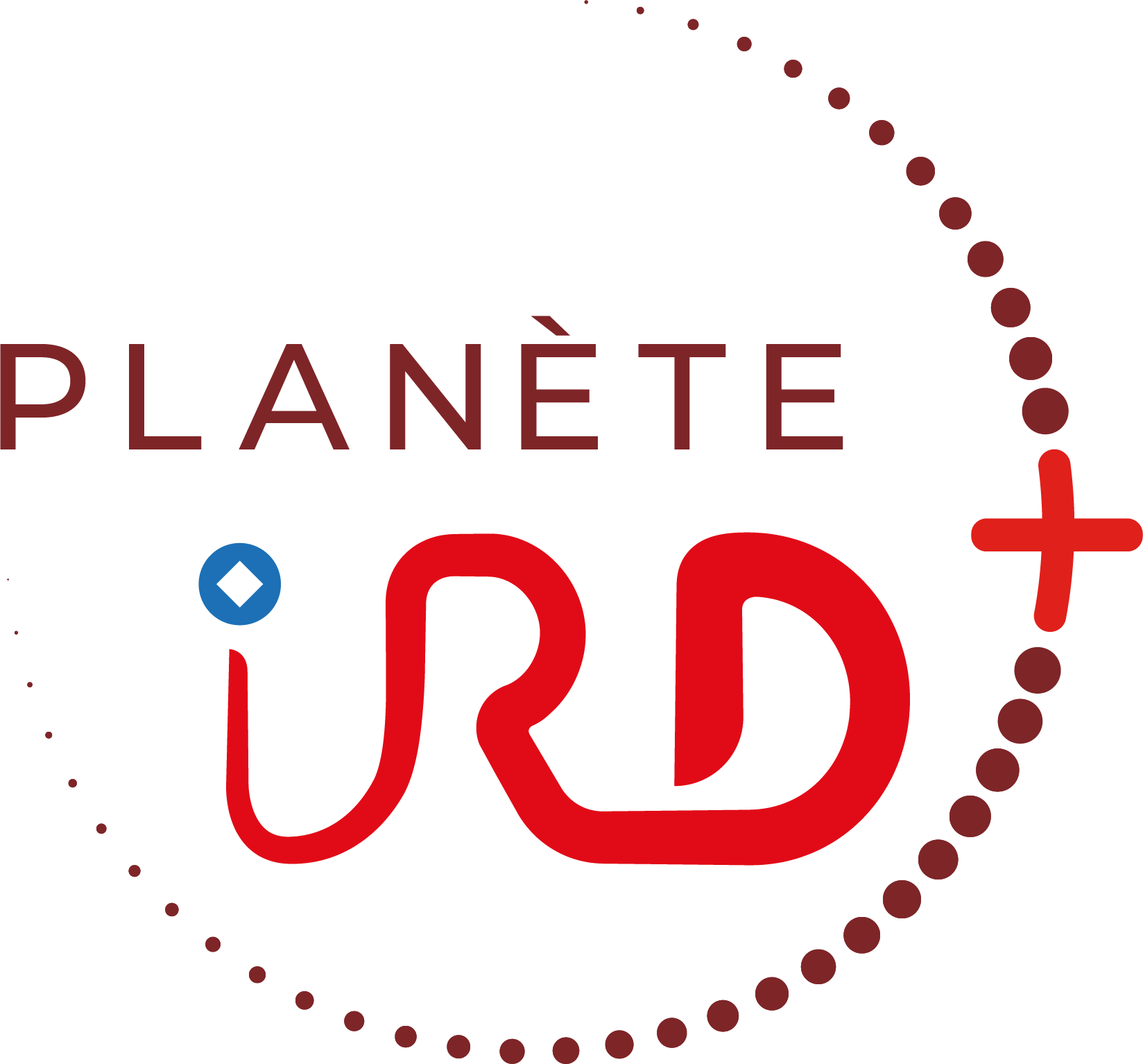

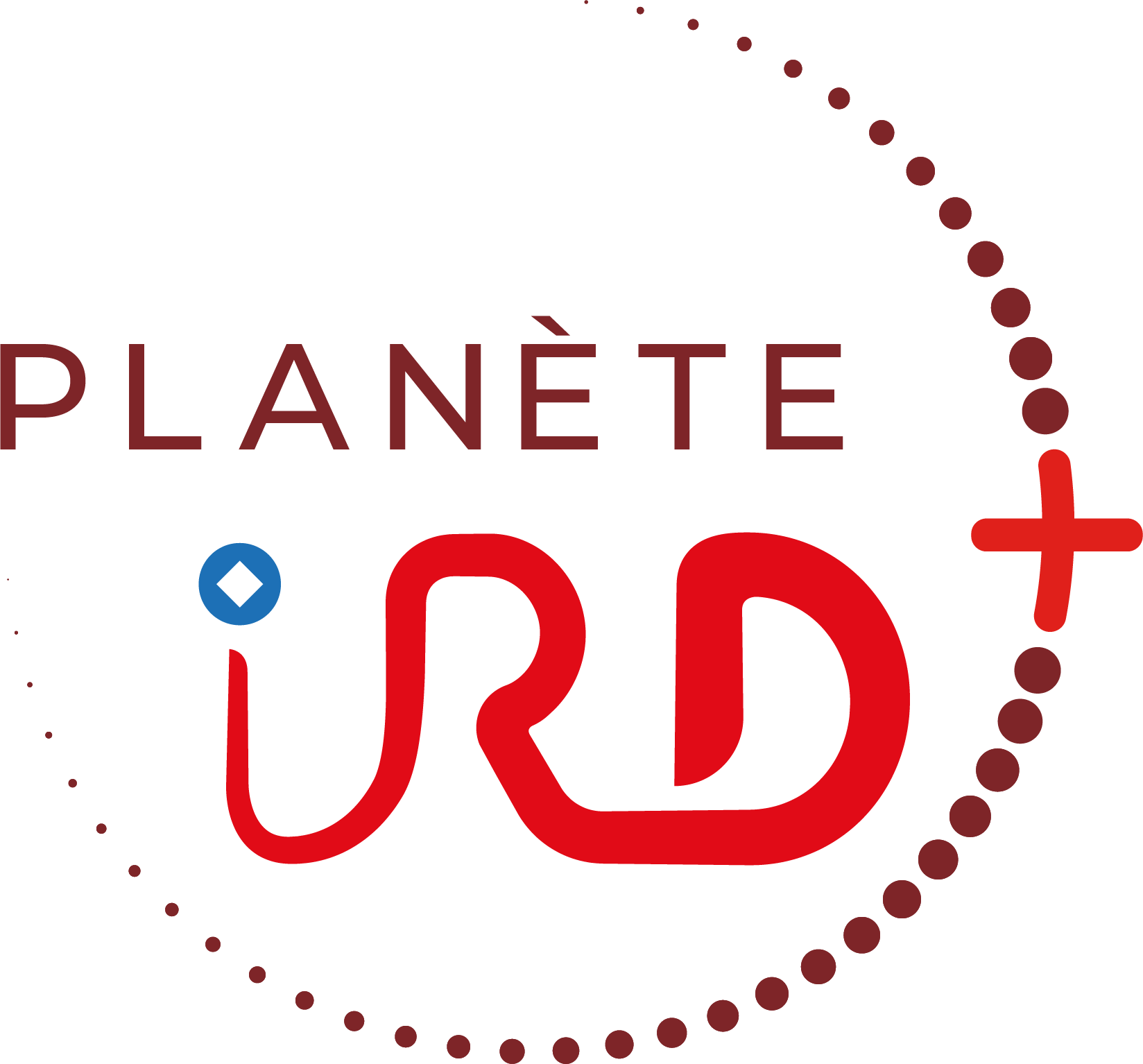






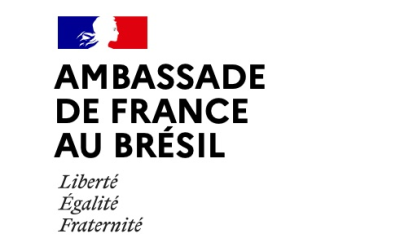
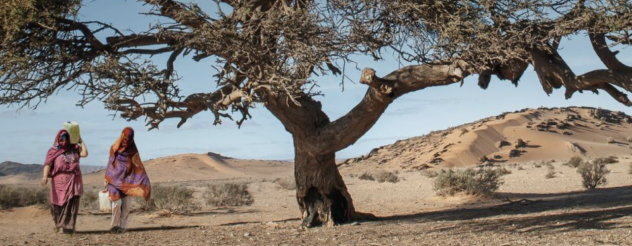
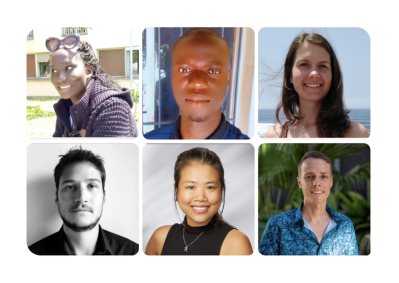


No comment
Log in to post comment. Log in.